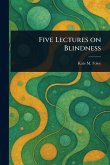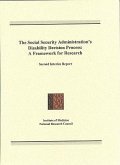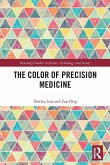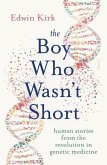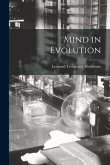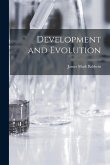"The Kallikak Family: A Study in the Heredity of Feeble-Mindedness" by Henry Herbert Goddard is a landmark work in the history of social science. This meticulously prepared print edition allows readers to examine Goddard's influential, and now controversial, study of heredity and its perceived role in mental disability. Focusing on the extended Kallikak family, the book presents a detailed investigation into the lineage of individuals believed to be "feeble-minded." Goddard's research, situated within the context of early 20th-century eugenics, explores the concept of inherited intelligence and its impact on social outcomes. This book offers a valuable, if unsettling, glimpse into the historical understanding of genetics and disability. It remains a crucial text for anyone interested in the history of social science, the study of dysfunctional families, and the complex legacy of eugenics. A significant work for those seeking to understand the historical roots of attitudes towards people with mental disabilities. This work has been selected by scholars as being culturally important, and is part of the knowledge base of civilization as we know it. This work is in the public domain in the United States of America, and possibly other nations. Within the United States, you may freely copy and distribute this work, as no entity (individual or corporate) has a copyright on the body of the work. Scholars believe, and we concur, that this work is important enough to be preserved, reproduced, and made generally available to the public. We appreciate your support of the preservation process, and thank you for being an important part of keeping this knowledge alive and relevant.
Bitte wählen Sie Ihr Anliegen aus.
Rechnungen
Retourenschein anfordern
Bestellstatus
Storno



